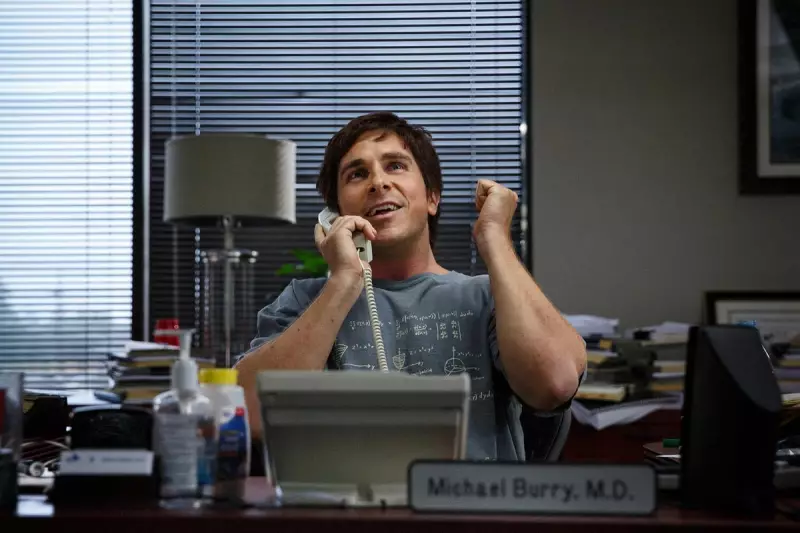
The Big Short Investor's Bold AI Gamble
Michael Burry, the hedge fund manager famously portrayed by Christian Bale in The Big Short, has placed a massive bet against the artificial intelligence sector. The investor who predicted the 2008 global financial crisis is now shorting Nvidia, the $5 trillion chipmaker, and data analytics firm Palantir.
This move comes amid growing concerns about an AI technology bubble, with Burry taking a contrarian position against two of the market's hottest stocks. His timing appears questionable, however, as Nvidia recently posted record-breaking quarterly results of $65 billion, sending shares up by 4% and defying predictions of an AI downturn.
A History of Contrarian Success
Burry's reputation stems from his phenomenally successful bet against the US housing market before the 2008 crash. His 'big short' earned him approximately $800 million in profit as major financial institutions collapsed and required government bailouts.
Now, he's applying similar scepticism to the AI sector, having flagged what he calls 'suspicious revenue recognition' across the industry. Despite recent market enthusiasm, Burry maintains his bearish outlook, though he's already deregistered his Scion Asset Management with the SEC, effectively closing the fund to external investors.
The Broader AI Bubble Concerns
Burry isn't alone in his caution about AI valuations. Even Alphabet CEO Sunder Pichai has warned that the AI investment boom contains 'elements of irrationality.' The current situation echoes the dot-com bubble of the late 1990s, when companies emphasized metrics like page impressions over actual profits.
Warren Buffett, the legendary investor who largely avoided the first tech boom, has recently invested in Alphabet (Google's parent company), but this aligns with his 'castle and moat' philosophy focusing on durable competitive advantages rather than speculative tech plays.
While Burry's timing on AI stocks might seem premature given Nvidia's continued strong performance, his track record suggests we shouldn't dismiss his concerns outright. The question remains whether we're witnessing The Big Short 2 in the making or merely a misjudged bet in a rapidly evolving market.





